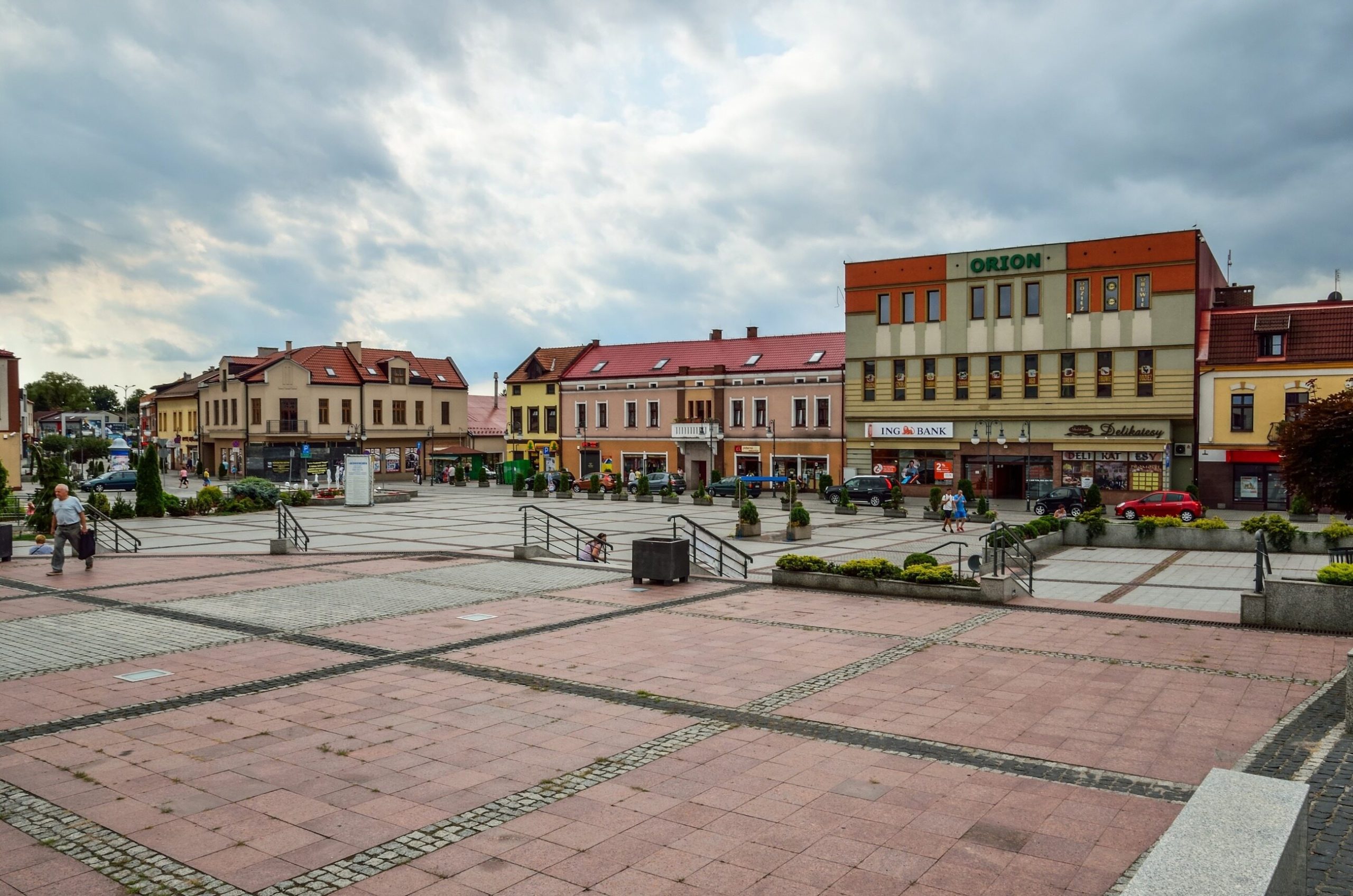The end of “concrete”? The government will inspect the investments. Too much concrete will result in a fine

How to fight drought and inadequate retention levels? The government intends to start by controlling investments. If too large an area is concreted, the owner will pay a penalty.
Do you have a plot over 600 square meters? You can expect an inspection from the commune. Officials will check whether the driveway and sidewalk do not take up too much space. This concerns new regulations that the Ministry of Maritime Economy and Inland Navigation plans to introduce. Additional fees will also affect cities. The idea is to prevent drought and increase the level of retention. Recently, there has been a lot of talk in Poland about the so-called “concreting”, i.e. the process of mass concreting of cities. This is primarily due to the wrong direction adopted in urban investments. Once green squares, after “revitalization”, they often become concrete deserts. Minister Gróbarczyk’s ministry wants to start fighting this.
Tax on “concrete”
The control of municipalities is also to apply to… the municipalities themselves. Cities with too much concrete will have to pay an additional tax. However, it will be relatively small. For a square with an area of 1 ha, the fee will be a maximum of PLN 15,000. zloty. A more significant change is the inclusion of a provision in the existing act that the fee will also apply to facilities using stormwater sewage systems. So far, they have been excluded from it. The Ministry estimates that thanks to this, up to 20 times more property owners will pay fees.
“The role of trees is crucial”
How do activists who have been trying to publicize the problem of concreting in cities evaluate the changes announced by the Ministry of Maritime Economy and Inland Navigation?
– These are good changes, but the government must be suffering from schizophrenia because it still has not withdrawn from its other decisions that go in exactly the opposite direction –says Jan Mencwel, president of the Miasto Jest Nasze association and author of the book “Betonosis – how Polish cities are destroyed.” – First of all, the role of trees, especially old ones, is crucial in retention. A bare lawn alone will not be effective at capturing water. And here the reduced rates for cutting them introduced by the LexSzyszko Act still apply. Secondly, large programs of concreting Polish rivers are still planned, which will make the water flow even faster to the sea – Mencwel enumerates.
Election signpost
Which party are you closest to?
in the 2023 parliamentary elections?
Take the test and check






